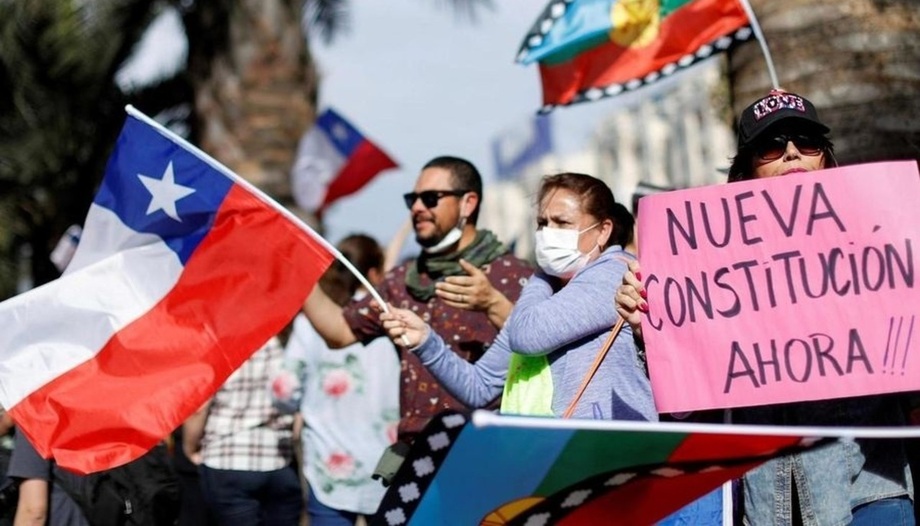The Constitutional Council of Chile is a 50-member body whose sole purpose is to discuss and approve a proposal for a new text of the new Constitution. Constitution. The citizenry elected its members by popular vote on May 7, 2023, and an equal number of women and men were elected. Their work began on June 7, and each proposal must be approved by a 3/5 vote. The draft of the new Constitution must be delivered on November 7 and submitted to plebiscite on December 17.
Confessions nuns in Chile, represented by the coordinator, Monsignor Juan Ignacio González, presented a proposal to the Council, which was approved in its entirety by the plenary session of the Council on September 20. The text states:
"The right to freedom of thought, conscience and religion. This right includes the freedom of every person to adopt the religion or beliefs of his choice, to live according to them, to transmit them, and to individual and institutional conscientious objection. Its exercise, due respect and protection shall be guaranteed.
a) Parents and, where appropriate, guardians have the right to educate their children and to choose their religious, spiritual and moral education in accordance with their own convictions. Families have the right to institute educational projects and educational communities have the right to preserve the integrity and identity of their respective project in conformity with their moral and religious convictions.
b) Religious freedom includes, in its essential core, the free exercise and expression of worship, the freedom to profess, preserve and change religion or beliefs, the freedom to manifest, disseminate and teach religion or beliefs, the celebration of rites and practices, all in public and in private, individually and collectively, insofar as they are not contrary to morals, good customs or public order.
c) Religious denominations may erect and maintain temples and their dependencies. Those destined exclusively to the service of a cult shall be exempt from all kinds of contributions. Churches, denominations and all religious institutions shall enjoy adequate autonomy in their internal organization and for their own purposes, and cooperation agreements may be entered into with them.
d) Any attack against temples and their dependencies is contrary to religious freedom".
Monsignor González, Bishop of San Bernardo, expressed his satisfaction with this approval.







